 China’s Xi Jinping and Canada’s Mark Carney reset their relationship, announce tariff relief. In related news: BC & Canada sign lumber-MOU with China; Taiwan lowers tariffs on US goods; Metsä Group appoints a new Executive VP; and Cascades has a VP Excellence. Meanwhile: the Softwood Lumber Board’s greatest hits of 2025; naturally:wood’s latest deeds; BC Woodlots’ weekly newsletter; Alberta’s Work Wild 2.0; the Lumber and Building Material Dealers‘ 2026 policy agenda; Green Building Initiative’s new chair; and France’s main timber groups merge.
China’s Xi Jinping and Canada’s Mark Carney reset their relationship, announce tariff relief. In related news: BC & Canada sign lumber-MOU with China; Taiwan lowers tariffs on US goods; Metsä Group appoints a new Executive VP; and Cascades has a VP Excellence. Meanwhile: the Softwood Lumber Board’s greatest hits of 2025; naturally:wood’s latest deeds; BC Woodlots’ weekly newsletter; Alberta’s Work Wild 2.0; the Lumber and Building Material Dealers‘ 2026 policy agenda; Green Building Initiative’s new chair; and France’s main timber groups merge.
In Forestry/Climate news: Canopy and Finance Earth seek to reduce virgin wood consumption; the US Forest Service proposes logging near Glacier National Park; New Hampshire may bar carbon sequestion programs; China has regreened 8 million hectares in 2025; and forest loss is driving mosquitoes’ thirst for human blood.
Finally, Tree Frog coverage of Day 2 of the 81st Annual Truck Loggers Association Convention includes a keynote by Forests Minister Parmar, and panels on forest industry and First Nations partnerships.
Kelly McCloskey, Tree Frog News Editor
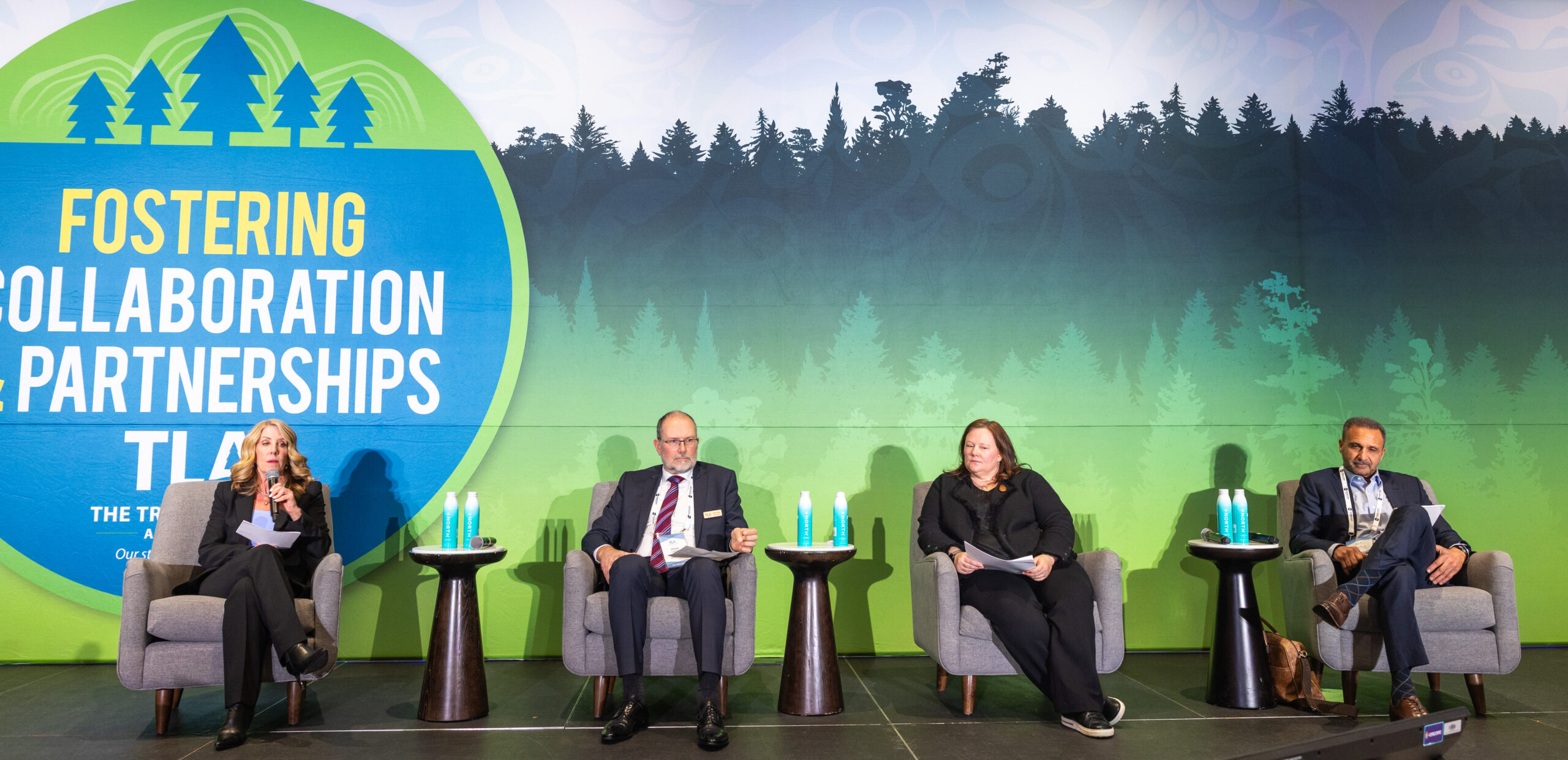 The second “fostering collaboration” panel of Day 2 at the TLA Convention brought together senior leaders from forestry and the broader business community to share organizational perspectives on BC’s economic and forest-sector challenges. Moderated by Vaughn Palmer, the session featured Bridget Anderson, President and CEO of the Greater Vancouver Board of Trade; Peter Lister, Executive Director of the Truck Loggers Association; Kim Haakstad, President and CEO of the BC Council of Forest Industries (COFI); and Joe Nemeth, General Manager of the BC Pulp & Paper Coalition. Anderson addressed the wider provincial economic context, including growth, fiscal pressures, and business conditions. Lister focused on the state of the forest industry, fibre access, costs, and investment certainty. Haakstad examined competitiveness, tenure obligations, employment trends, and economic reconciliation. Nemeth spoke to the pulp and paper sector, highlighting cost structures, fibre availability, and conditions required for future investment.
The second “fostering collaboration” panel of Day 2 at the TLA Convention brought together senior leaders from forestry and the broader business community to share organizational perspectives on BC’s economic and forest-sector challenges. Moderated by Vaughn Palmer, the session featured Bridget Anderson, President and CEO of the Greater Vancouver Board of Trade; Peter Lister, Executive Director of the Truck Loggers Association; Kim Haakstad, President and CEO of the BC Council of Forest Industries (COFI); and Joe Nemeth, General Manager of the BC Pulp & Paper Coalition. Anderson addressed the wider provincial economic context, including growth, fiscal pressures, and business conditions. Lister focused on the state of the forest industry, fibre access, costs, and investment certainty. Haakstad examined competitiveness, tenure obligations, employment trends, and economic reconciliation. Nemeth spoke to the pulp and paper sector, highlighting cost structures, fibre availability, and conditions required for future investment.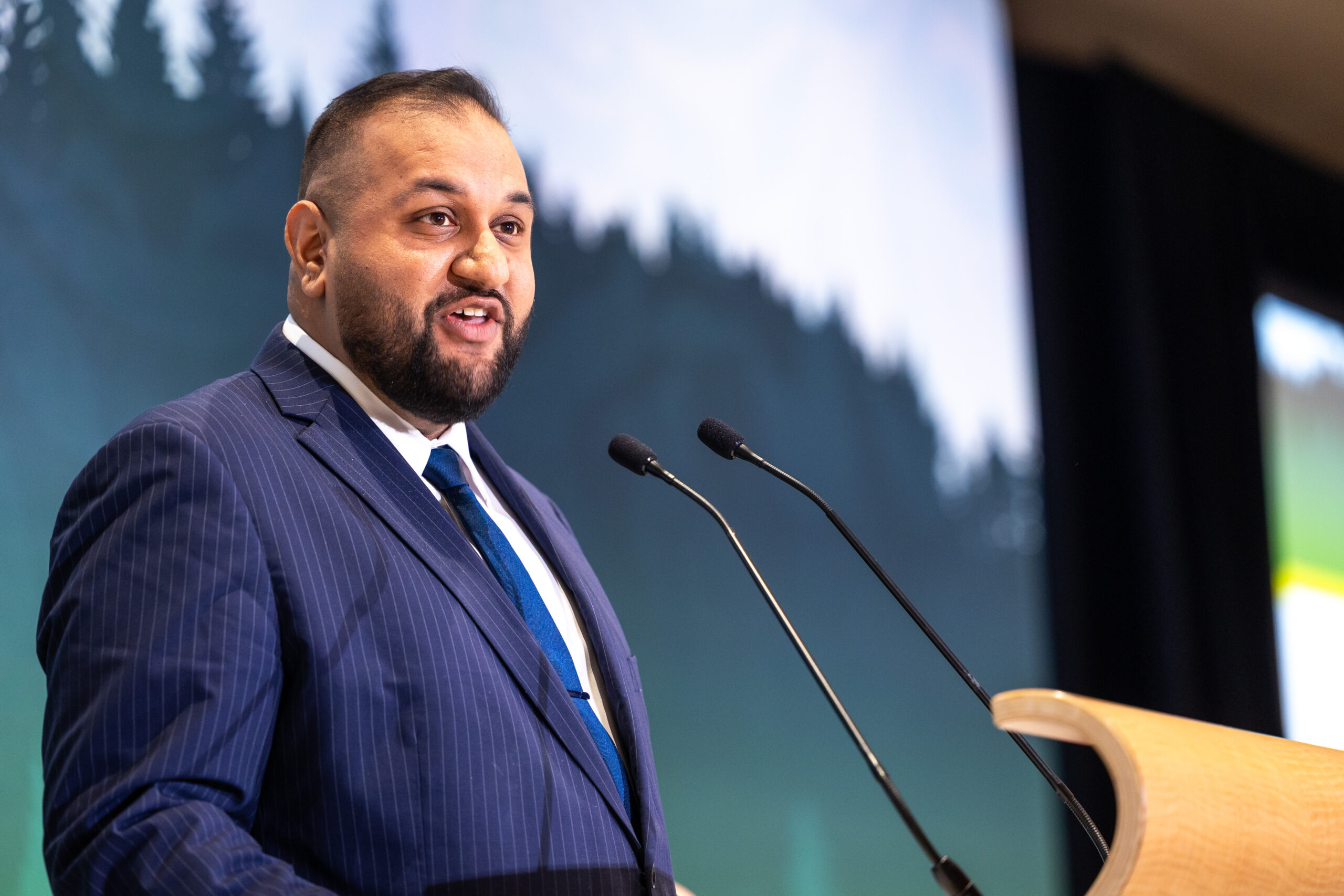 At the TLA Convention’s Leader’s Luncheon, Forests Minister Ravi Parmar outlined the BC government’s current priorities for the forest sector, following a pre-recorded message from Premier David Eby, who is on a trade mission to India. Speaking from abroad, Eby emphasized strengthening international trade relationships and promoting BC products amid global uncertainty. Parmar said forestry is facing a convergence of challenges, including market volatility, high costs, trade pressures, and wildfire risk. Beginning with wildfire, he announced an expansion of the Risk Reduction Equipment Support Trust (REST) program, increasing provincial cost-sharing from 10% to 25% for eligible equipment and modifications used in fuel management and mitigation work. He also addressed fibre supply and Path to 45, stressing the need to remove operational barriers and improve planning certainty, and pointed to ongoing reforms at BC Timber Sales. Parmar emphasized balancing economic viability, environmental responsibility, and reconciliation, while underscoring the importance of international markets for BC’s forest products.
At the TLA Convention’s Leader’s Luncheon, Forests Minister Ravi Parmar outlined the BC government’s current priorities for the forest sector, following a pre-recorded message from Premier David Eby, who is on a trade mission to India. Speaking from abroad, Eby emphasized strengthening international trade relationships and promoting BC products amid global uncertainty. Parmar said forestry is facing a convergence of challenges, including market volatility, high costs, trade pressures, and wildfire risk. Beginning with wildfire, he announced an expansion of the Risk Reduction Equipment Support Trust (REST) program, increasing provincial cost-sharing from 10% to 25% for eligible equipment and modifications used in fuel management and mitigation work. He also addressed fibre supply and Path to 45, stressing the need to remove operational barriers and improve planning certainty, and pointed to ongoing reforms at BC Timber Sales. Parmar emphasized balancing economic viability, environmental responsibility, and reconciliation, while underscoring the importance of international markets for BC’s forest products.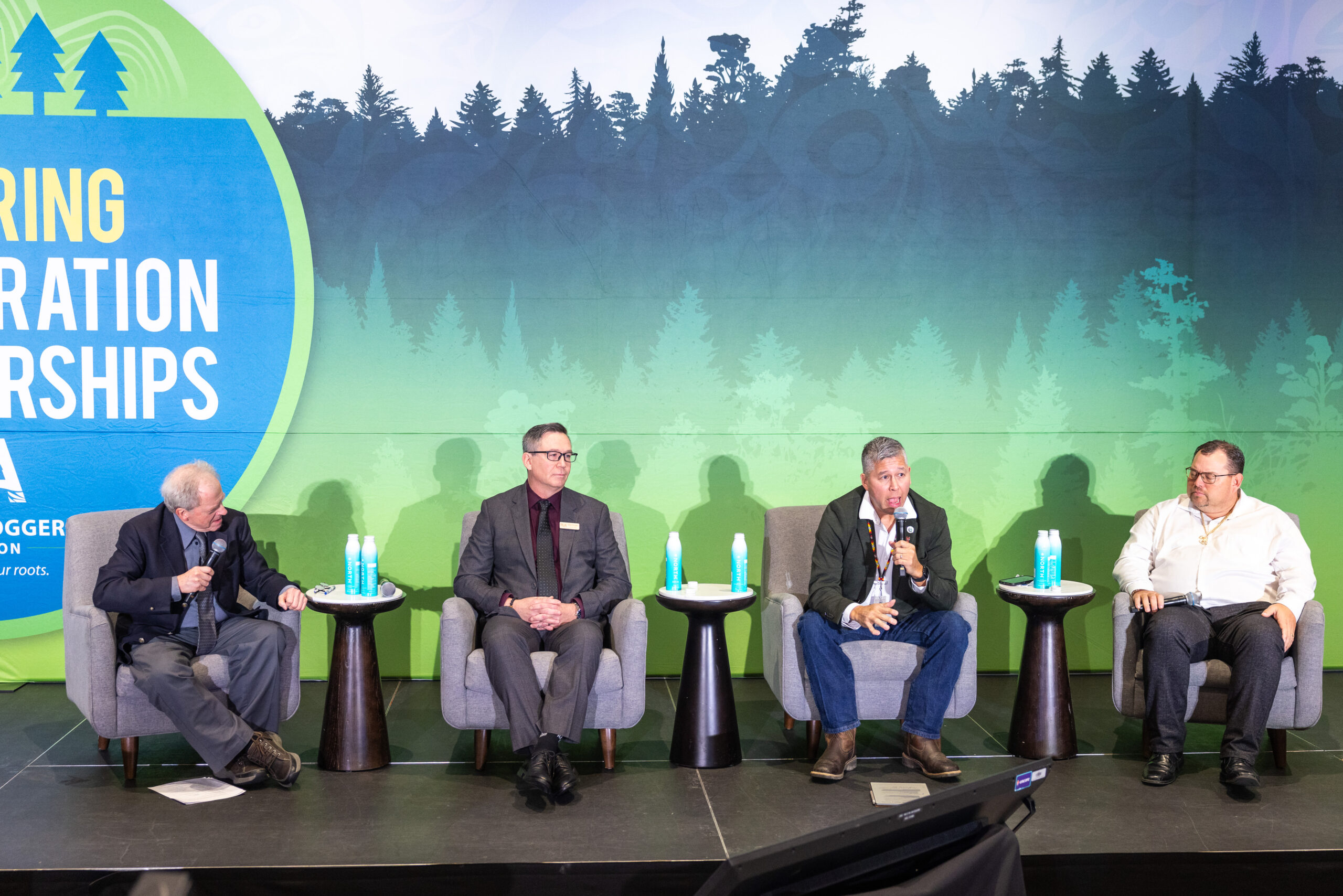 Day 2 of the TLA Convention opened with a panel on First Nations partnerships, examining how collaboration between Indigenous communities and industry is reshaping forestry in BC. Moderated by Vaughn Palmer, the session featured Lennard Joe, CEO of the BC First Nations Forestry Council; Chief Ronnie Chickite of the We Wai Kai Nation; and Klay Tindall, General Manager of Lil’wat Forestry Ventures. Joe outlined the rapid growth of First Nations tenure and investment, emphasizing operational feasibility, workforce capacity, and the need for partnerships grounded in mutual benefit. Chickite described We Wai Kai’s expansion from small licences to controlling nearly 220,000 cubic metres annually, highlighting reinvestment in employment, education, and long-term community stability. Tindall shared how partnerships helped transform Lil’wat Forestry Ventures, supporting capacity building, wildfire risk reduction, and stewardship in sensitive areas. In a discussion touching on DRIPA, the speakers emphasized inclusion, local economic benefit, and the importance of durable, collaborative governance in forestry.
Day 2 of the TLA Convention opened with a panel on First Nations partnerships, examining how collaboration between Indigenous communities and industry is reshaping forestry in BC. Moderated by Vaughn Palmer, the session featured Lennard Joe, CEO of the BC First Nations Forestry Council; Chief Ronnie Chickite of the We Wai Kai Nation; and Klay Tindall, General Manager of Lil’wat Forestry Ventures. Joe outlined the rapid growth of First Nations tenure and investment, emphasizing operational feasibility, workforce capacity, and the need for partnerships grounded in mutual benefit. Chickite described We Wai Kai’s expansion from small licences to controlling nearly 220,000 cubic metres annually, highlighting reinvestment in employment, education, and long-term community stability. Tindall shared how partnerships helped transform Lil’wat Forestry Ventures, supporting capacity building, wildfire risk reduction, and stewardship in sensitive areas. In a discussion touching on DRIPA, the speakers emphasized inclusion, local economic benefit, and the importance of durable, collaborative governance in forestry.
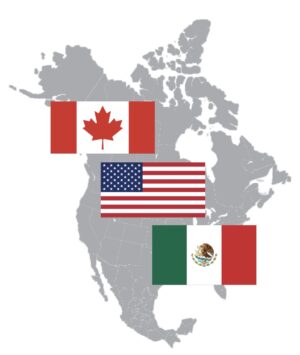 The Canadian and American economies are woven together tightly. So when Donald Trump slapped 25% tariffs on Canadian imports last year, many economists—myself included saw a disaster looming. …The most exposed sectors were those most dependent on US demand: steel, aluminum, autos, energy and lumber. …In our worst-case scenario, we expected it would shrink Canada’s GDP by 2.6 per cent, leading to a moderate recession and shaving nearly $2,000 a year off income for every Canadian. So far, however, that doomsday scenario hasn’t materialized. This was possible because of the Canada-US-Mexico trade agreement. …Avoiding the worst of the tariffs doesn’t mean we’ve won or even survived the trade war. Communities across the country are still hurting. …Regions in Quebec and British Columbia are under strain, with key industrial sectors—steel, aluminum, copper, lumber—are facing additional tariffs under Section 232 authority.
The Canadian and American economies are woven together tightly. So when Donald Trump slapped 25% tariffs on Canadian imports last year, many economists—myself included saw a disaster looming. …The most exposed sectors were those most dependent on US demand: steel, aluminum, autos, energy and lumber. …In our worst-case scenario, we expected it would shrink Canada’s GDP by 2.6 per cent, leading to a moderate recession and shaving nearly $2,000 a year off income for every Canadian. So far, however, that doomsday scenario hasn’t materialized. This was possible because of the Canada-US-Mexico trade agreement. …Avoiding the worst of the tariffs doesn’t mean we’ve won or even survived the trade war. Communities across the country are still hurting. …Regions in Quebec and British Columbia are under strain, with key industrial sectors—steel, aluminum, copper, lumber—are facing additional tariffs under Section 232 authority. British Columbia’s Forests Ministry has entered into a memorandum of understanding with China on modern wood construction, a development that the province hopes will bolster the provincial lumber sector as it seeks alternatives to the U.S. market. The five-year, non-binding agreement with the Chinese government also involves the Canadian federal Department of Natural Resources and is among the first reached with Beijing after the arrival of Prime Minister Mark Carney in China this week. On the other side is China’s housing and development ministry, with the memo agreeing on co-operation on the integration of modern wood construction into China’s urban renewal and rural revitalization strategies and exploring “practical approaches” for green developments. University of British Columbia political ecologist and China scholar Juliet Lu said the MOU is “relatively low-hanging fruit” in Carney’s attempt to rebuild trade momentum with Beijing…
British Columbia’s Forests Ministry has entered into a memorandum of understanding with China on modern wood construction, a development that the province hopes will bolster the provincial lumber sector as it seeks alternatives to the U.S. market. The five-year, non-binding agreement with the Chinese government also involves the Canadian federal Department of Natural Resources and is among the first reached with Beijing after the arrival of Prime Minister Mark Carney in China this week. On the other side is China’s housing and development ministry, with the memo agreeing on co-operation on the integration of modern wood construction into China’s urban renewal and rural revitalization strategies and exploring “practical approaches” for green developments. University of British Columbia political ecologist and China scholar Juliet Lu said the MOU is “relatively low-hanging fruit” in Carney’s attempt to rebuild trade momentum with Beijing…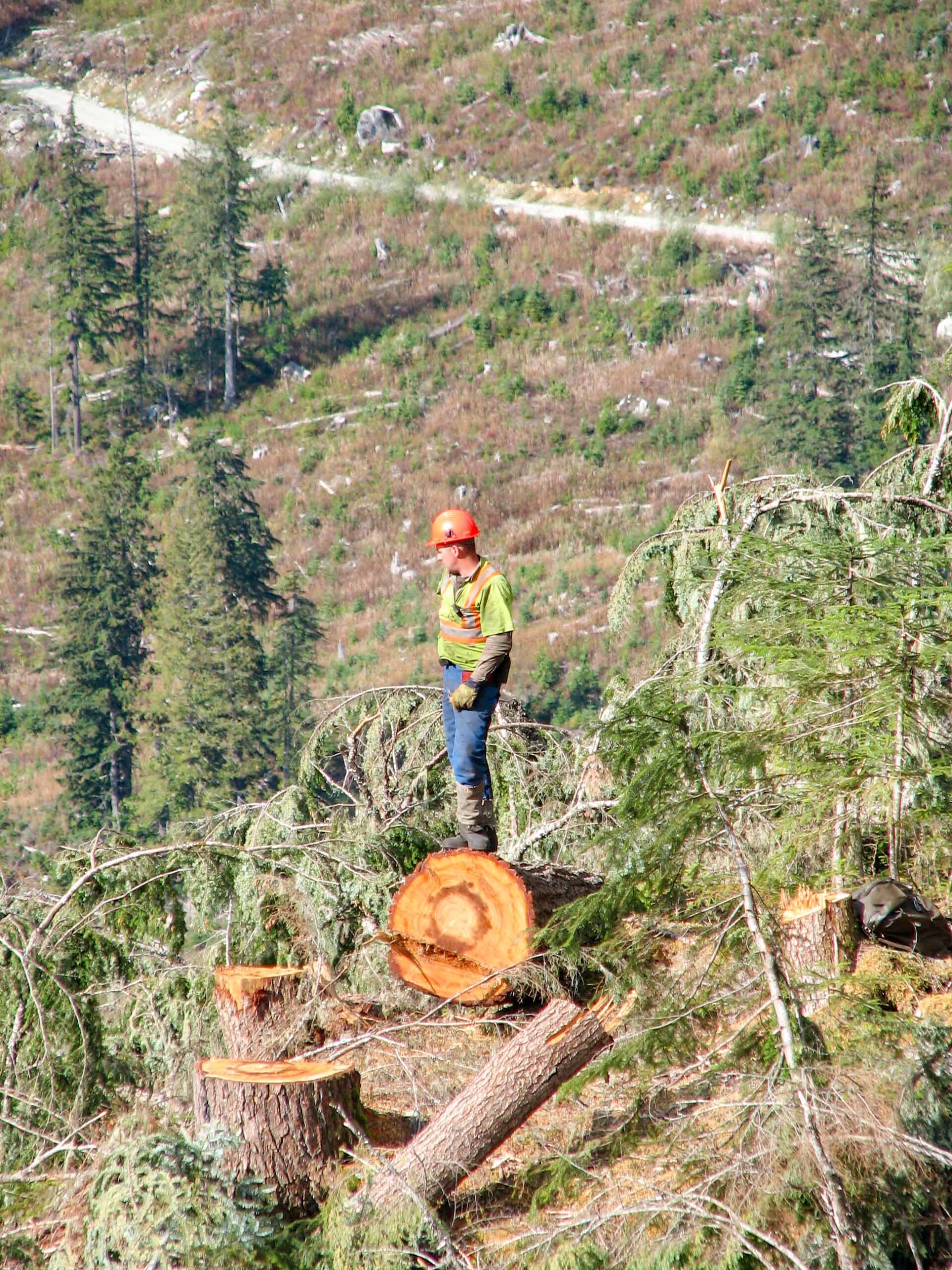 Logging contractor Ron MacFarlane feels fortunate to have work for his eight-person crew, cutting mostly second-growth Douglas fir on a cut block …on B.C.’s Sunshine Coast, while business in his industry is otherwise “flatlined.” “We’re busy until March, and then we’ll see from there,” MacFarlane said at the Truck Loggers Association annual convention. …Difficulties in getting the province to speed up permits to cut more of that timber has put the industry “in a state of crisis,” said Peter Lister, executive director of the Truck Loggers Association. “I’ve never seen it as bad. …it is really on the edge of collapse.” …For forest-management executive John Mohammed, however, Parmar is still missing a connection to short-term actions the industry desperately needs to free up some of the cutting permits companies have sitting on the shelf because they are uneconomic. …Mohammed said Parmar could take the risk of lowering [coastal] stumpage rates … to help economics.
Logging contractor Ron MacFarlane feels fortunate to have work for his eight-person crew, cutting mostly second-growth Douglas fir on a cut block …on B.C.’s Sunshine Coast, while business in his industry is otherwise “flatlined.” “We’re busy until March, and then we’ll see from there,” MacFarlane said at the Truck Loggers Association annual convention. …Difficulties in getting the province to speed up permits to cut more of that timber has put the industry “in a state of crisis,” said Peter Lister, executive director of the Truck Loggers Association. “I’ve never seen it as bad. …it is really on the edge of collapse.” …For forest-management executive John Mohammed, however, Parmar is still missing a connection to short-term actions the industry desperately needs to free up some of the cutting permits companies have sitting on the shelf because they are uneconomic. …Mohammed said Parmar could take the risk of lowering [coastal] stumpage rates … to help economics.
 The National Lumber & Building Material Dealers Association (NLBMDA) released its
The National Lumber & Building Material Dealers Association (NLBMDA) released its 

 There are solid reasons to expect near-term strength in the US and Canadian construction markets. In the US, rapid technological progress and supportive federal policies are driving major investments in semiconductor fabrication, AI-related data centers, and energy infrastructure, with growing momentum toward nuclear power. In Canada, federal and provincial governments are promoting “nation-building” projects that emphasize LNG export capacity, port expansions, and new mines for critical minerals required by the digital economy. Both nations recognize that housing supply must rise substantially to meet population needs, signaling a long-term boost in residential construction. Yet, 2025 proved disappointing for overall construction performance, especially in employment. …Housing activity revealed a sharper divide between the two nations. U.S. housing starts in November 2025 dropped to an annualized 1.246 million units, the lowest since the pandemic. Most analysts believe the country needs at least 1.5 million starts per year to meet demand.
There are solid reasons to expect near-term strength in the US and Canadian construction markets. In the US, rapid technological progress and supportive federal policies are driving major investments in semiconductor fabrication, AI-related data centers, and energy infrastructure, with growing momentum toward nuclear power. In Canada, federal and provincial governments are promoting “nation-building” projects that emphasize LNG export capacity, port expansions, and new mines for critical minerals required by the digital economy. Both nations recognize that housing supply must rise substantially to meet population needs, signaling a long-term boost in residential construction. Yet, 2025 proved disappointing for overall construction performance, especially in employment. …Housing activity revealed a sharper divide between the two nations. U.S. housing starts in November 2025 dropped to an annualized 1.246 million units, the lowest since the pandemic. Most analysts believe the country needs at least 1.5 million starts per year to meet demand. 
 In this naturally:wood newsletter you’ll find the following stories:
In this naturally:wood newsletter you’ll find the following stories:


 The French Union of Timber Industries and Builders (UICB) and the French Timber Trade Association (LCB) are joining forces to create the UICCB – the Union of Construction and Timber Trade Industries. The synergy created by the merger of these two major players in the French forestry and timber sector will support the development of companies in the sector, which are naturally committed to decarbonizing the construction process. The new group took shape in December 2025 after a year of discussions and collaboration between the business leaders who head the governing bodies of the UICB and LCB. …The merger of the two entities will… enable them to acquire a stronger position within the emerging forestry and wood sector. …With this ecosystem of complementary professions, the UICCB now stands as the only independent professional organization dedicated to the development of wood construction throughout France.
The French Union of Timber Industries and Builders (UICB) and the French Timber Trade Association (LCB) are joining forces to create the UICCB – the Union of Construction and Timber Trade Industries. The synergy created by the merger of these two major players in the French forestry and timber sector will support the development of companies in the sector, which are naturally committed to decarbonizing the construction process. The new group took shape in December 2025 after a year of discussions and collaboration between the business leaders who head the governing bodies of the UICB and LCB. …The merger of the two entities will… enable them to acquire a stronger position within the emerging forestry and wood sector. …With this ecosystem of complementary professions, the UICCB now stands as the only independent professional organization dedicated to the development of wood construction throughout France. Each year, the event brings together leading voices from across the global pulp value chain to examine emerging trends, innovations, and the market forces shaping the industry. The 2026 program will feature dynamic discussions on strategy, markets, technology, sustainability, supply chains, and the broader role of pulp-based materials. Speakers have the opportunity to share their insights with a highly engaged international audience. We encourage proposals and topic ideas that can deepen insight and spark meaningful dialogue. Registration for the 21st edition of IPW is now open, and you can benefit from the Early Bird rate until February 16. More details are available on the registration page.
Each year, the event brings together leading voices from across the global pulp value chain to examine emerging trends, innovations, and the market forces shaping the industry. The 2026 program will feature dynamic discussions on strategy, markets, technology, sustainability, supply chains, and the broader role of pulp-based materials. Speakers have the opportunity to share their insights with a highly engaged international audience. We encourage proposals and topic ideas that can deepen insight and spark meaningful dialogue. Registration for the 21st edition of IPW is now open, and you can benefit from the Early Bird rate until February 16. More details are available on the registration page.
 In this Woodlots Weekly you’ll find:
In this Woodlots Weekly you’ll find:

 We are thrilled to introduce you to our new brand as we aim to inspire a new generation of leaders in Alberta’s forest sector! We’re here to flip perceptions: forestry is about more than just trees — it’s about futures. Our forest industry already aligns with young Albertans’ values; they just don’t know it yet. Our new brand enthusiastically explores the breadth of opportunities in forestry and celebrates the people, the environmental leadership, and the innovation that make Alberta’s forest sector a great place for young people to grow. The new iconography takes the two bold Ws from “Work Wild” to form a tree — symbolizing growth, sustainability, and connection. We are bringing Work Wild into a new era. Work Wild was built on research informed by youth values, career interests, and motivations from over 10 years ago. It was time for a change.
We are thrilled to introduce you to our new brand as we aim to inspire a new generation of leaders in Alberta’s forest sector! We’re here to flip perceptions: forestry is about more than just trees — it’s about futures. Our forest industry already aligns with young Albertans’ values; they just don’t know it yet. Our new brand enthusiastically explores the breadth of opportunities in forestry and celebrates the people, the environmental leadership, and the innovation that make Alberta’s forest sector a great place for young people to grow. The new iconography takes the two bold Ws from “Work Wild” to form a tree — symbolizing growth, sustainability, and connection. We are bringing Work Wild into a new era. Work Wild was built on research informed by youth values, career interests, and motivations from over 10 years ago. It was time for a change.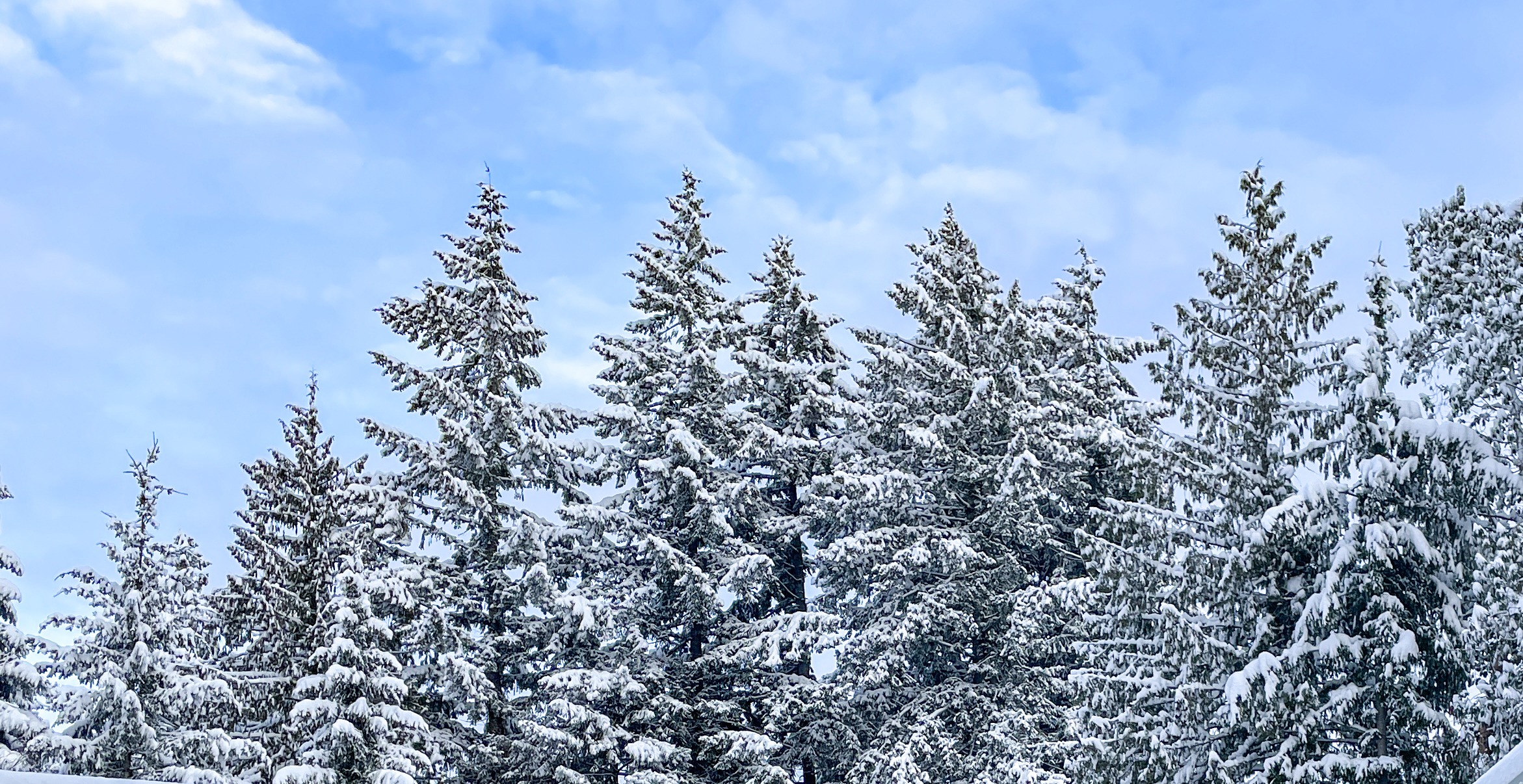 NDP MPP Lise Vaugeois (Thunder Bay – Superior North) and MPP Guy Bourgouin (Mushkegowuk – James Bay) released the following joint statement following reports of the indefinite shutdown of the Ignace sawmill, leaving another group of forestry workers without jobs, and further eroding the fabric of our Northern Ontario communities. “Communities like Ear Falls, and now Ignace, deserve better than uncertainty and silence.” said Vaugeois. “The government must work directly with the company, and the company must work in good faith with the government and the union, to find solutions that protect workers, families, and good forestry jobs. Mills across the province are shrinking or shutting down; workers are being laid off at alarming rates, and infrastructure isn’t being replaced. Neglect is not a plan, and New Democrats urge collaboration between the government and the company as a responsible path forward for Ignace and northern Ontario.”
NDP MPP Lise Vaugeois (Thunder Bay – Superior North) and MPP Guy Bourgouin (Mushkegowuk – James Bay) released the following joint statement following reports of the indefinite shutdown of the Ignace sawmill, leaving another group of forestry workers without jobs, and further eroding the fabric of our Northern Ontario communities. “Communities like Ear Falls, and now Ignace, deserve better than uncertainty and silence.” said Vaugeois. “The government must work directly with the company, and the company must work in good faith with the government and the union, to find solutions that protect workers, families, and good forestry jobs. Mills across the province are shrinking or shutting down; workers are being laid off at alarming rates, and infrastructure isn’t being replaced. Neglect is not a plan, and New Democrats urge collaboration between the government and the company as a responsible path forward for Ignace and northern Ontario.”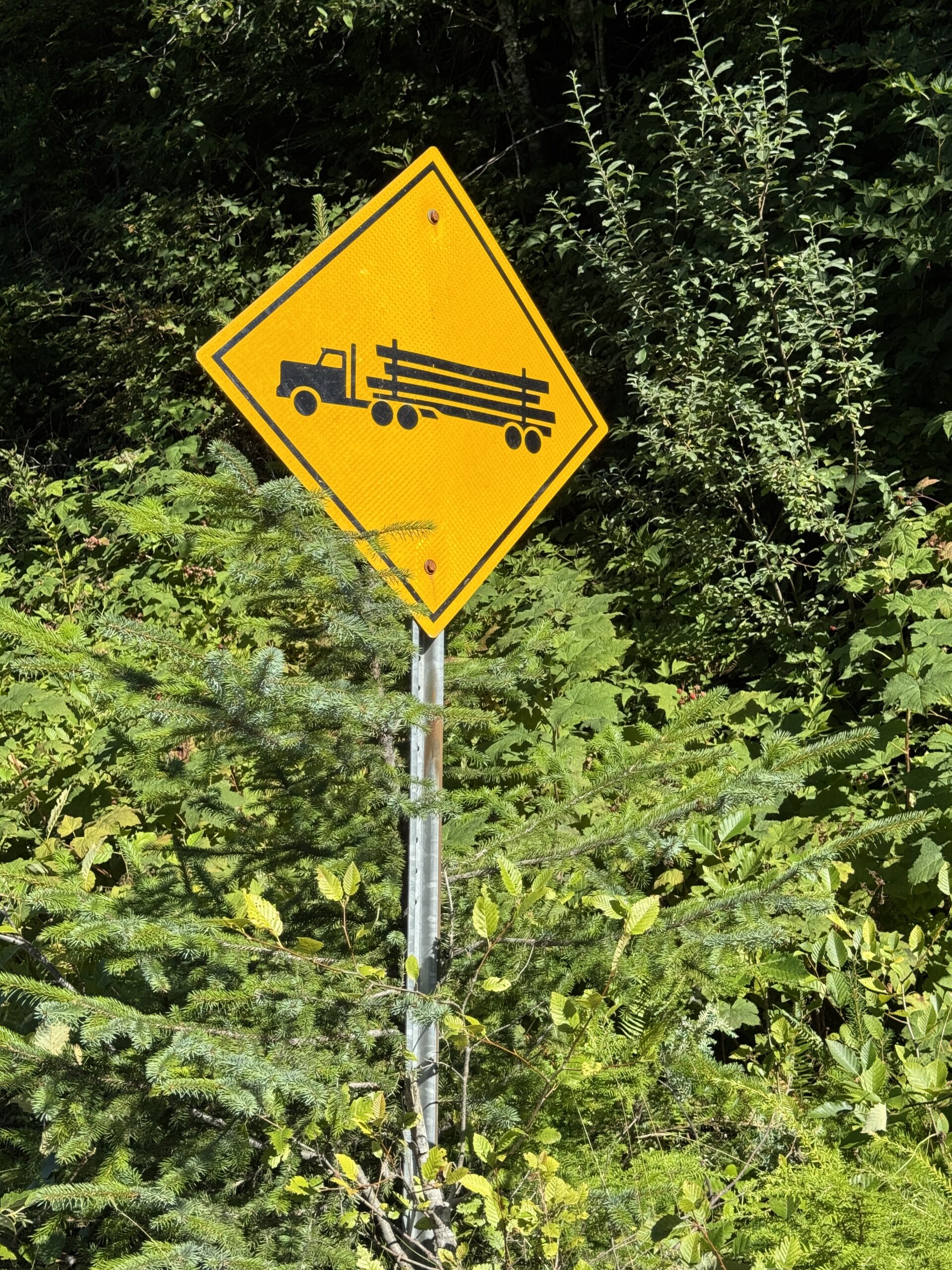 A recent federal court ruling tossing out a streamlined environmental review for three Oregon timber projects will point the way for conservation groups to challenge the Trump administration’s nationwide logging agenda, natural resources attorneys say. Judge Michael McShane of the US District Court for the District of Oregon in his Jan. 13 ruling set aside a categorical exclusion under the National Environmental Policy Act called “CE-6.” The 1992 exclusion allowed for quick approval of logging projects designed to thin forests to reduce wildfire hazards. Fast-tracking an expansion of logging on federal land is among President Donald Trump’s top priorities in order to cut lumber imports and grow domestic timber industry jobs. The administration is loosening public notice and environmental review requirements for logging and other projects under NEPA, and it’s rolling back protections for roadless areas in national forests in order to open them to possible logging projects.
A recent federal court ruling tossing out a streamlined environmental review for three Oregon timber projects will point the way for conservation groups to challenge the Trump administration’s nationwide logging agenda, natural resources attorneys say. Judge Michael McShane of the US District Court for the District of Oregon in his Jan. 13 ruling set aside a categorical exclusion under the National Environmental Policy Act called “CE-6.” The 1992 exclusion allowed for quick approval of logging projects designed to thin forests to reduce wildfire hazards. Fast-tracking an expansion of logging on federal land is among President Donald Trump’s top priorities in order to cut lumber imports and grow domestic timber industry jobs. The administration is loosening public notice and environmental review requirements for logging and other projects under NEPA, and it’s rolling back protections for roadless areas in national forests in order to open them to possible logging projects.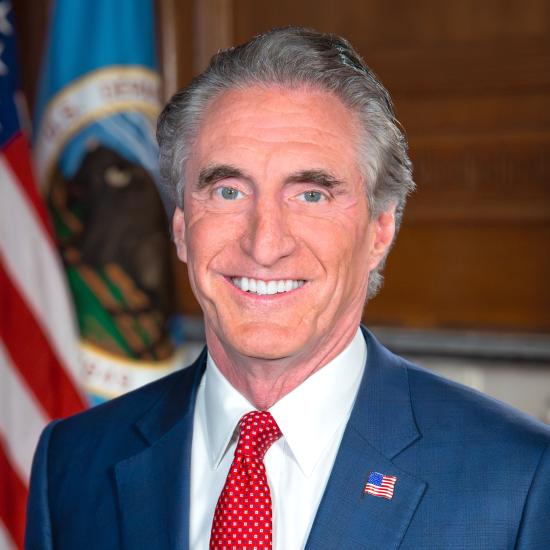
 In 1980, Washington State’s Mount St Helens erupted…causing an ecological nightmare as the volcano spewed lava, ash, and debris over the surrounding landscape that was followed by mudflows and pyroclastic flows, leaving the vegetation covered in mud and detritus as far as 27 kilometers from the volcano. …But one team of scientists had an unconventional idea to help jumpstart the process: send a few gophers on a one-day mission to the mountain. “Gophers are known as ‘hole diggers’,” says a 2024 paper assessing the long-term effects of the rodents at Mount St Helens, adding, “a single gopher can move 227 kg [500 pounds] of soil per month”. Digging is a useful quality in restoring an area devastated by volcanic eruption. Plant life was struggling to return… But while the top layers of soil were destroyed by the eruption and lava flows, the soil underneath could still have been rich in bacteria and fungi.
In 1980, Washington State’s Mount St Helens erupted…causing an ecological nightmare as the volcano spewed lava, ash, and debris over the surrounding landscape that was followed by mudflows and pyroclastic flows, leaving the vegetation covered in mud and detritus as far as 27 kilometers from the volcano. …But one team of scientists had an unconventional idea to help jumpstart the process: send a few gophers on a one-day mission to the mountain. “Gophers are known as ‘hole diggers’,” says a 2024 paper assessing the long-term effects of the rodents at Mount St Helens, adding, “a single gopher can move 227 kg [500 pounds] of soil per month”. Digging is a useful quality in restoring an area devastated by volcanic eruption. Plant life was struggling to return… But while the top layers of soil were destroyed by the eruption and lava flows, the soil underneath could still have been rich in bacteria and fungi.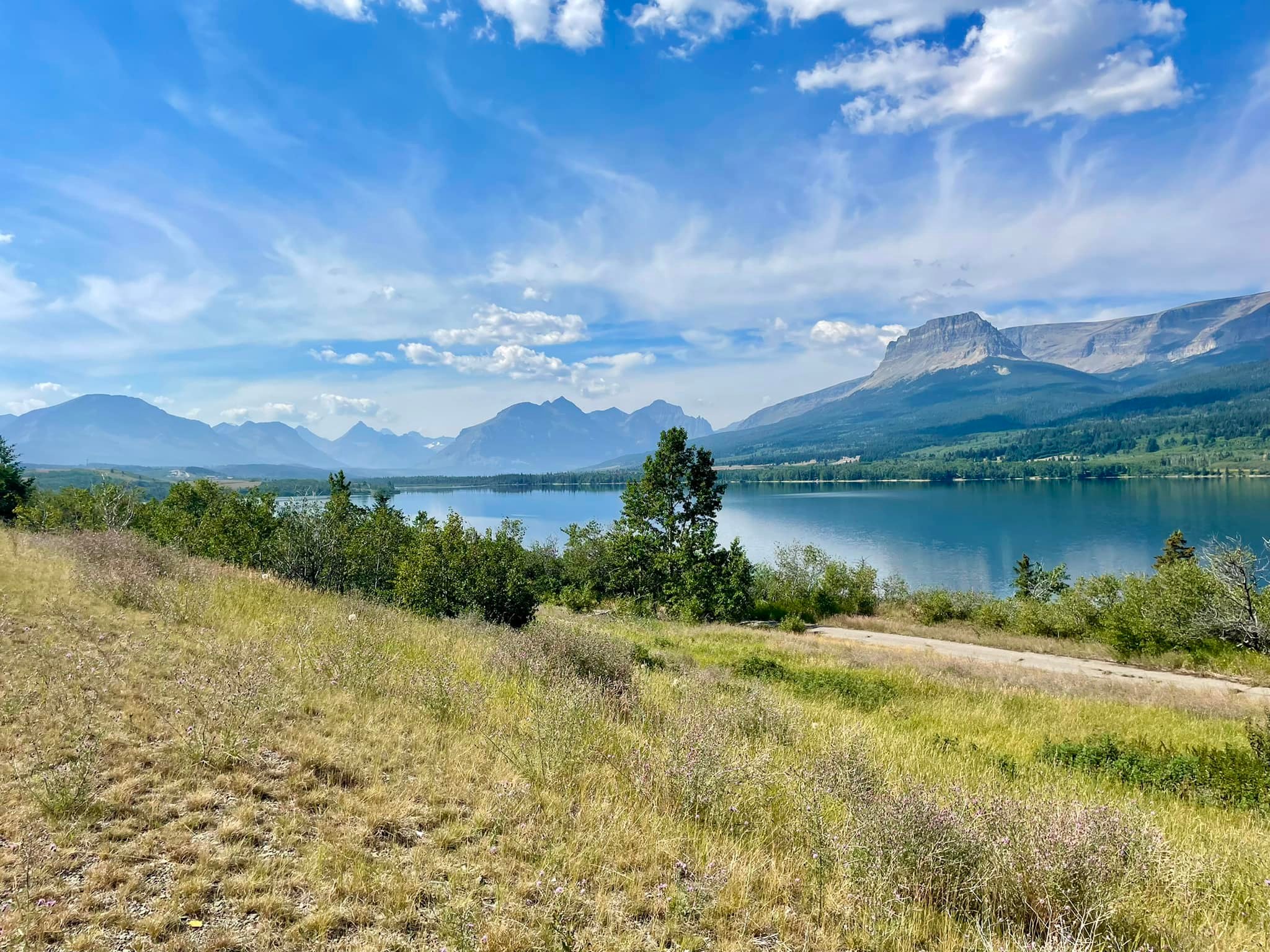 A major logging project has been proposed on the southern border of Glacier National Park, prompting concern from conservationists… “This is the heart of some of our wildest, most intact landscapes left in the U.S., anywhere south of Alaska,” said Peter Metcalf, the executive director of the Glacier-Two Medicine Alliance, a conservation organization in East Glacier Park, Montana. “We are really concerned that this kind of logging proposal would be slated for this landscape.” U.S. Forest Service district ranger Robert Davies said he plans to use the emergency authority authorized by an April 2025 executive order to expedite the project. The order calls for increasing timber production and reducing wildfire risk in areas of national forest considered to have very high or high wildfire risk. Roughly half the proposed project qualifies, but the entire project is subject to the streamlined timeline, which cuts out the majority of opportunities for public participation.
A major logging project has been proposed on the southern border of Glacier National Park, prompting concern from conservationists… “This is the heart of some of our wildest, most intact landscapes left in the U.S., anywhere south of Alaska,” said Peter Metcalf, the executive director of the Glacier-Two Medicine Alliance, a conservation organization in East Glacier Park, Montana. “We are really concerned that this kind of logging proposal would be slated for this landscape.” U.S. Forest Service district ranger Robert Davies said he plans to use the emergency authority authorized by an April 2025 executive order to expedite the project. The order calls for increasing timber production and reducing wildfire risk in areas of national forest considered to have very high or high wildfire risk. Roughly half the proposed project qualifies, but the entire project is subject to the streamlined timeline, which cuts out the majority of opportunities for public participation.

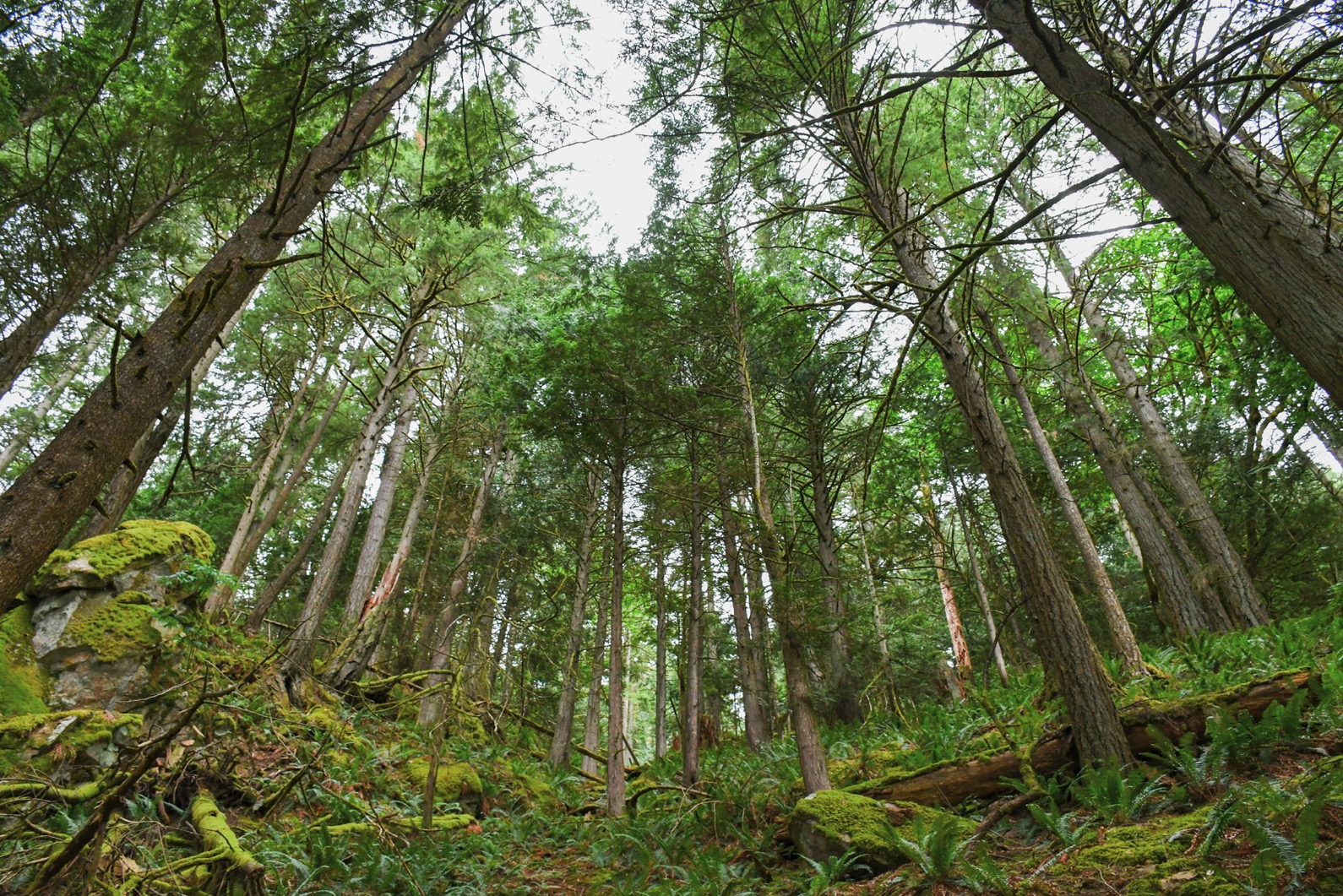 Canopy and Finance Earth outline strategic pathways for brands and investors to reduce virgin wood exposure and strengthen supply chain resilience. A new research brief released during the World Economic Forum warns that global wood-dependent supply chains face mounting commercial and ecological risk as rising demand, climate impacts, and regulatory pressure push forests toward ecological limits. The brief, produced by environmental non-profit Canopy with Finance Earth, argues that business-as-usual sourcing of virgin wood exposes brands and investors to higher costs, supply volatility, and growing reputational and legal risk over the decade ahead.The analysis comes as Canopy works with more than 1,000 consumer brands representing over $1.2 trillion in combined annual revenue to reduce deforestation and accelerate the adoption of circular and low-impact alternatives across sectors where wood is a primary input, including textiles and packaging.
Canopy and Finance Earth outline strategic pathways for brands and investors to reduce virgin wood exposure and strengthen supply chain resilience. A new research brief released during the World Economic Forum warns that global wood-dependent supply chains face mounting commercial and ecological risk as rising demand, climate impacts, and regulatory pressure push forests toward ecological limits. The brief, produced by environmental non-profit Canopy with Finance Earth, argues that business-as-usual sourcing of virgin wood exposes brands and investors to higher costs, supply volatility, and growing reputational and legal risk over the decade ahead.The analysis comes as Canopy works with more than 1,000 consumer brands representing over $1.2 trillion in combined annual revenue to reduce deforestation and accelerate the adoption of circular and low-impact alternatives across sectors where wood is a primary input, including textiles and packaging.
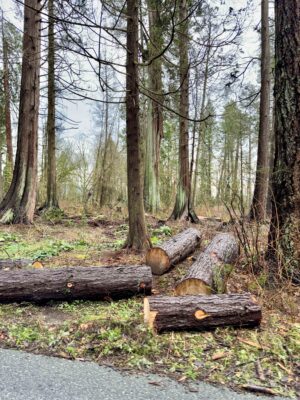 New Hampshire and its counties may soon be barred from enrolling publicly owned lands in carbon sequestration programs. “We don’t see sequestration as a traditional use,” said Rep. Mike Ouellet, a Colebrook Republican, at a hearing before the House Committee on Municipal and County Government on Tuesday. The committee later voted, 13-1, to recommend passage of House Bill 1205, which would prohibit “carbon sequestration projects” on state- and county-owned lands. …No county- or state-owned land is currently listed on the registry of New Hampshire carbon sequestration projects. But the long duration of forest carbon contracts and the possibility they would impose restrictions on land use were two reasons bill proponents cited for preventing them on public lands in the future. …Others said timber harvest could be an important source of revenue for counties and the state, and worried the contracts would have a negative impact on the timber industry.
New Hampshire and its counties may soon be barred from enrolling publicly owned lands in carbon sequestration programs. “We don’t see sequestration as a traditional use,” said Rep. Mike Ouellet, a Colebrook Republican, at a hearing before the House Committee on Municipal and County Government on Tuesday. The committee later voted, 13-1, to recommend passage of House Bill 1205, which would prohibit “carbon sequestration projects” on state- and county-owned lands. …No county- or state-owned land is currently listed on the registry of New Hampshire carbon sequestration projects. But the long duration of forest carbon contracts and the possibility they would impose restrictions on land use were two reasons bill proponents cited for preventing them on public lands in the future. …Others said timber harvest could be an important source of revenue for counties and the state, and worried the contracts would have a negative impact on the timber industry.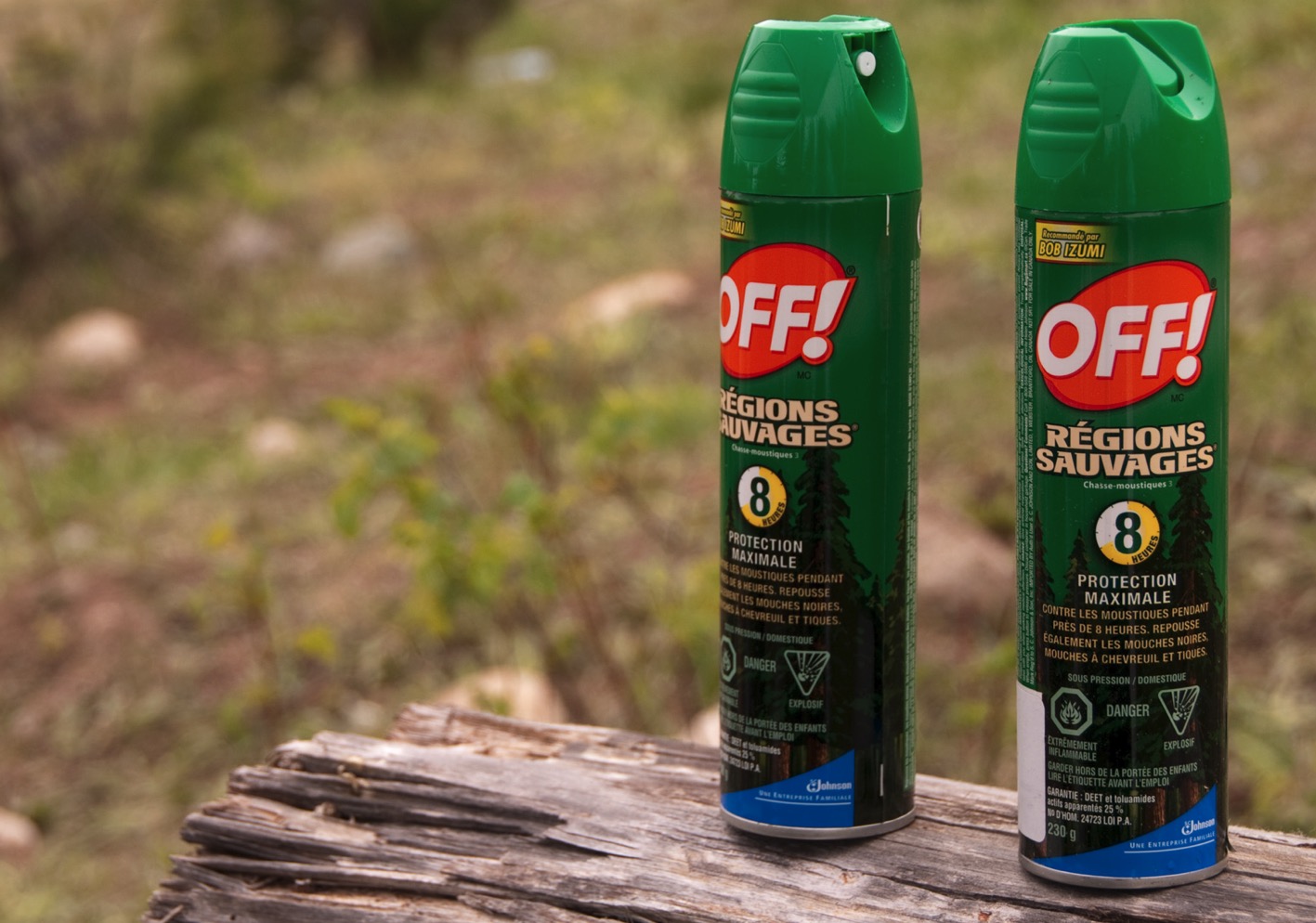 Running along Brazil’s coastline, the Atlantic Forest supports an extraordinary range of life, including hundreds of species of birds, amphibians, reptiles, mammals, and fishes. Much of that richness has been lost. Human development has reduced the forest to roughly one third of its original size. As people move deeper into once intact habitats, wildlife is pushed out, and mosquitoes that once fed on many different animals appear to be shifting their attention toward humans, according to a study published in Frontiers in Ecology and Evolution. …Scientists extracted DNA from the blood inside the mosquitoes and sequenced a specific gene that works like a biological barcode. …Mosquito bites are not just a nuisance. In the regions studied, mosquitoes spread viruses such as Yellow Fever, dengue, Zika, Mayaro, Sabiá, and Chikungunya.
Running along Brazil’s coastline, the Atlantic Forest supports an extraordinary range of life, including hundreds of species of birds, amphibians, reptiles, mammals, and fishes. Much of that richness has been lost. Human development has reduced the forest to roughly one third of its original size. As people move deeper into once intact habitats, wildlife is pushed out, and mosquitoes that once fed on many different animals appear to be shifting their attention toward humans, according to a study published in Frontiers in Ecology and Evolution. …Scientists extracted DNA from the blood inside the mosquitoes and sequenced a specific gene that works like a biological barcode. …Mosquito bites are not just a nuisance. In the regions studied, mosquitoes spread viruses such as Yellow Fever, dengue, Zika, Mayaro, Sabiá, and Chikungunya.